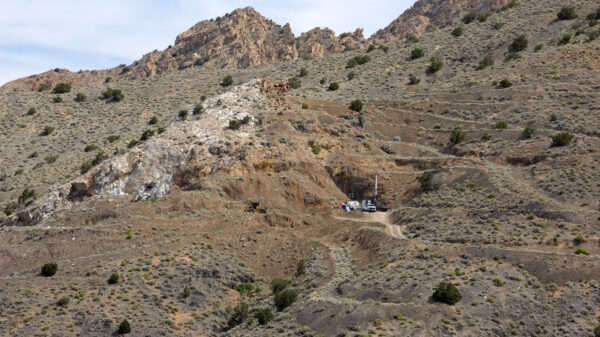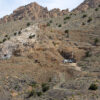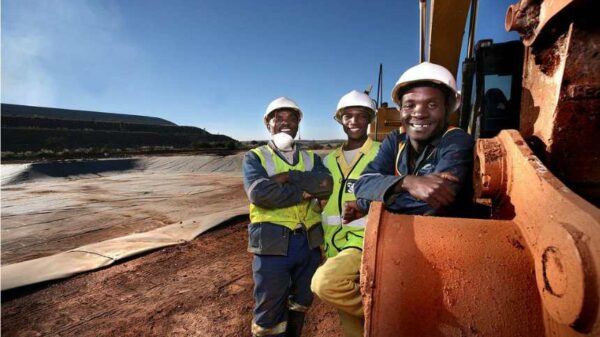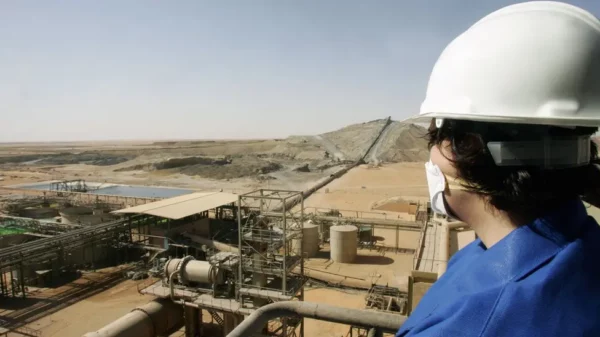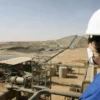The Mali junta dragged USD$160 million out of Australian gold miner Resolute Mining (ASX: RSG) (LON: RSG), after the company’s CEO and two other members of his staff were detained two weeks ago.
Reports say Terry Holohan and his employees were arrested in the capital city of Bamako, being present for what they expected to be routine negotiations with the regime. This actually marks a pattern for the African country, which has been putting the squeeze on foreign minerals explorers as part of a bid for demanding greater shares of mining profits as part of the country’s new mining code.
This isn’t the first time the Mali junta has tried to squeeze more money out of foreign companies.
Mali’s government has escalated its conflict with Canadian-based Barrick Gold Corp (TSX: ABX) (NYSE: GOLD) over a tax dispute that has included accusations of the company failing to honor an agreement concerning its Loulo-Gounkoto complex.
The government claims Barrick owes significant back taxes, which it had failed to pay under the terms of an earlier agreement. This situation intensified in 2024, leading to the detention of four local executives of Barrick’s Malian subsidiary for alleged financial crimes.
In response, Barrick CEO Mark Bristow has sought to resolve the issue by proposing a financial settlement, but tensions remain high. The Mali government has indicated that if a resolution isn’t found, they may allow Barrick’s mining permit to expire in 2026, a threat that significantly impacts the future of the Loulo-Gounkoto complex.
Read more: High grades in Nicaragua expected to raise Calibre Mining’s mineral resource
Read more: Calibre Mining shuffles strength into its board for future growth
Many African countries have coerced funds out of gold companies
Mali isn’t alone its aggressive pursuit of more tax monies, either.
Several African countries have adopted aggressive measures to ensure greater financial returns from gold mining, with Burkina Faso, Zimbabwe, and the Democratic Republic of Congo (DRC) being notable examples.
In Burkina Faso, the government has steadily increased mining royalties in recent years, particularly targeting foreign gold producers. This rise in royalty rates is part of a broader effort to tighten fiscal policy, ensuring the government receives a larger share of the revenues from its gold sector.
Zimbabwe, however, has been even more forceful in its approach.
It has required gold producers to pay royalties in gold rather than cash. Zimbabwe’s policy aims to ensure that more gold remains within the country’s borders.
The government has also imposed higher taxes on gold companies, making it more difficult for them to operate under the previous terms. Zimbabwe has threatened to revoke licenses and delay permits for companies that do not comply with the updated regulations, using the power of the state to reinforce its demands for increased revenue from the mining sector.
Meanwhile, the Democratic Republic of Congo has also employed more aggressive tactics to extract wealth from its gold industry.
After revising its mining code in 2018, the DRC introduced higher royalties and taxes for foreign companies. This revision was part of a broader initiative to increase state revenue from mining operations, with the government also pressuring companies to partner with local firms.
In some instances, the DRC has used coercive measures, such as backdated tax claims and increased scrutiny of operations, to force companies to pay higher fees and royalties.
.
joseph@mugglehead.com







